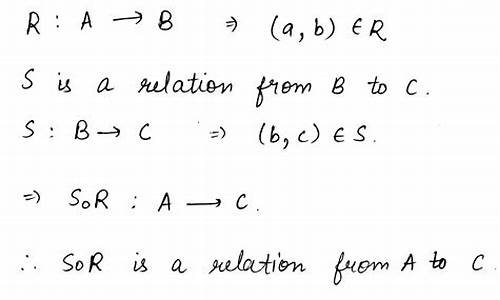The Relationship Between Mental Health and Physical Health
Mental health and physical health are intricately connected, forming a delicate balance that impacts our overall well-being. Research has shown that mental health disorders can significantly affect physical health, and vice versa. Maintaining a healthy mind and body is essential for leading a fulfilling and productive life. This article explores the profound relationship between mental and physical health, highlighting the influence they have on each other and offering insights into maintaining a balanced and healthy lifestyle.

The Impact of Mental Health on Physical Health
Mental health conditions such as depression, anxiety, and stress can have serious consequences on physical health. For example, chronic stress can lead to heart disease, high blood pressure, and a weakened immune system. Depression often results in poor sleep, reduced physical activity, and unhealthy eating habits, all of which contribute to various physical ailments. Mental health issues can also interfere with the body’s ability to heal, making it harder to recover from illness or injury.

The Effect of Physical Health on Mental Well-being
Conversely, physical health problems can also affect mental health. Chronic illnesses such as diabetes, cancer, and arthritis can lead to feelings of helplessness, anxiety, and depression. The pain and limitations caused by these conditions often create emotional distress, affecting a person’s mental state. Furthermore, a lack of physical activity or poor nutrition can contribute to mental health issues, creating a vicious cycle that can be difficult to break.
How Physical Activity Improves Mental Health
Exercise is one of the most effective ways to improve both mental and physical health. Regular physical activity has been shown to reduce stress, anxiety, and depression while enhancing mood and overall mental well-being. It also boosts physical health by improving cardiovascular health, boosting energy levels, and promoting better sleep. Exercise promotes the release of endorphins, chemicals in the brain that help improve mood and reduce stress.

The Role of Nutrition in Maintaining Both Mental and Physical Health
Nutrition plays a crucial role in both physical and mental health. A balanced diet rich in vitamins, minerals, and healthy fats can improve brain function and protect against mental health disorders. Poor nutrition, on the other hand, can exacerbate mental health problems and contribute to physical illnesses. A healthy diet supports a strong immune system, energy levels, and emotional stability, making it essential for overall well-being.

Conclusion: A Holistic Approach to Health
The relationship between mental health and physical health is undeniable, with each influencing the other in profound ways. To maintain overall well-being, it is essential to focus on both mental and physical health by adopting a healthy lifestyle that includes regular exercise, balanced nutrition, and stress management techniques. By nurturing both aspects of health, individuals can lead more vibrant and fulfilling lives.